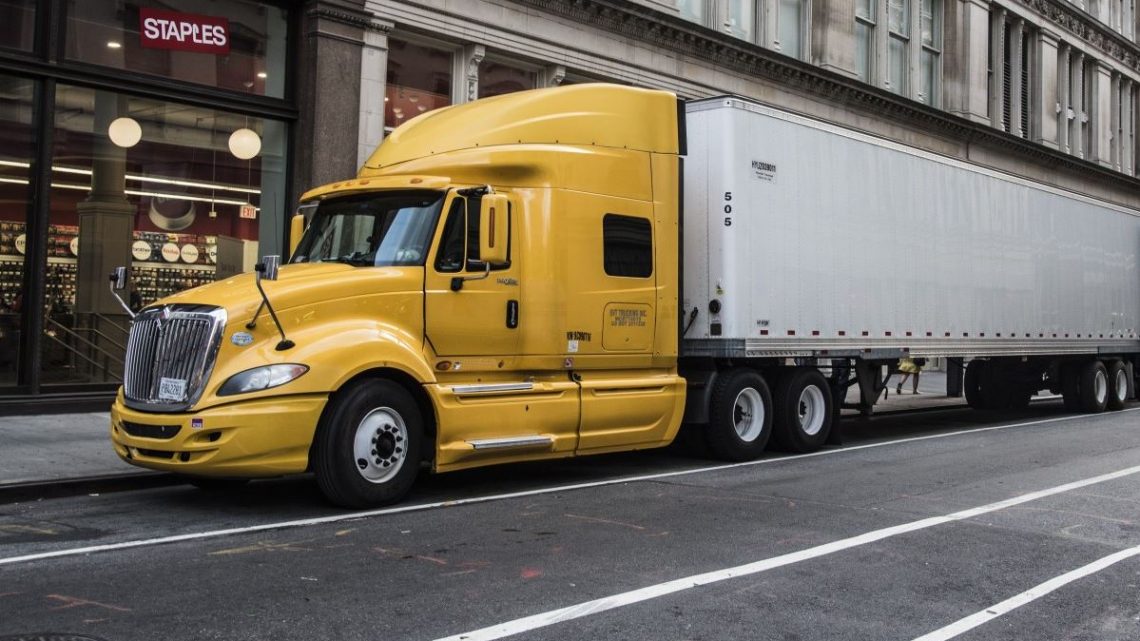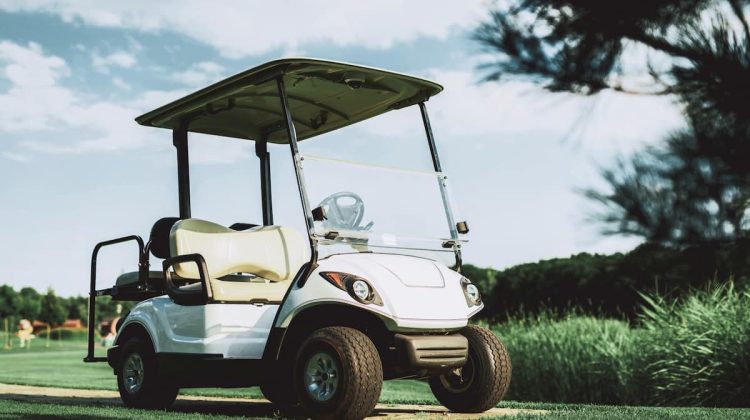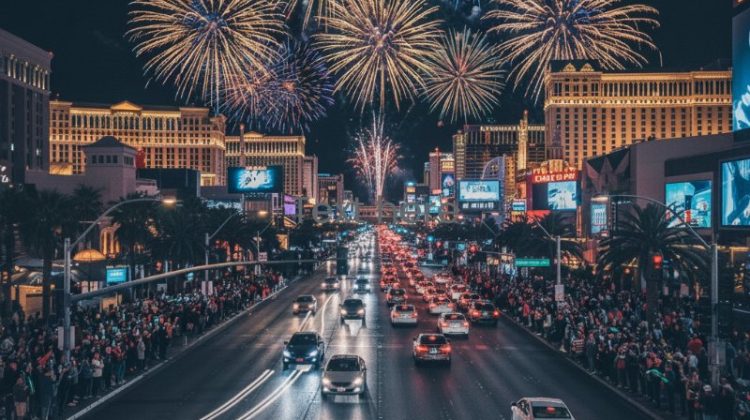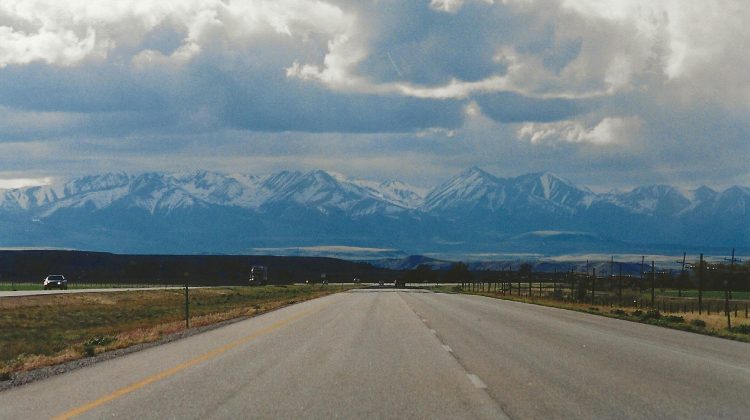One of the most critical issues after a truck accident is determining who can be held liable for damages. What makes it more complicated is there may be multiple parties responsible.
Truck Driver Liability
Truck drivers are responsible for adhering to safety regulations, operating their vehicles safely, ensuring their trucks are maintained and correctly loaded. If the truck driver fails in their duties and their recklessness causes a car accident, they may be personally liable for resulting damages.
Some common examples of truck driver negligence include:
- Distracted Driving: A truck driver can cause a catastrophic accident if they are driving while distracted (e.g., texting or talking on a cell phone, drinking, eating, etc.)
- Driver Fatigue: Truck drivers work long hours and don’t have a reliable sleep schedule. Federal laws dictate how many hours a truck driver can be on the road, but these rules are still ignored.
- Reckless Driving: Speeding, sudden lane changes, failing to signal, braking abruptly, and driving aggressively to meet a deadline, can all easily contribute to an accident.
- Driving Under the Influence: Truck drivers sometimes resort to stimulants to combat driver fatigue or drink while on the job.
- Unaddressed Maintenance Issues: Many truck owners are unwilling to spend money to maintain their vehicles properly.
Trucking Company Liability
Commercial trucking companies directly profit from their drivers and vehicles, giving them a higher duty of care to protect others on the road. They are responsible for hiring qualified and certified drivers, adhering to safety standards and practices, maintaining their fleet, and ensuring the trucks are properly loaded.
Unfortunately, many trucking companies prioritize profits over road safety and cut corners to reduce their costs. A trucking company may be fully or partially liable for an accident if it is caused, for example, by improper vehicle maintenance, negligent hiring, inadequate training, or safety violations.
Third-Party Liability
In most truck accident cases, the truck driver and their trucking company share liability. However, there are third parties that may also be responsible depending on the circumstances.
Loading Companies
Cargo loading companies can be held responsible if they fail to ensure a truck is loaded correctly. If cargo isn’t secure and loaded unevenly, a subsequent cargo shift can lead to an accident.
Mechanics
Truck drivers and companies are responsible for ensuring their vehicles receive necessary maintenance, but if their mechanics performed negligent repairs, they might be partially responsible for a collision. Examples of negligent repairs or vehicle maintenance include installing incorrect parts, making unnecessary or the wrong repairs, failure to identify repairs, or allowing an untrained technician to perform repairs.
Defective Parts Manufacturer
If a truck has an inherent product or design defect, and this defect later causes an accident, the truck’s manufacturer may be liable for damages. Examples of truck product or design defects include defective tires, brake failure, electrical issues, and more.
Holding another party liable requires a thorough investigation and building a strong, evidence-based case against them to recover the compensation you need and deserve. Schedule a free consultation with an experienced truck accident lawyer to get started today.





No Comment